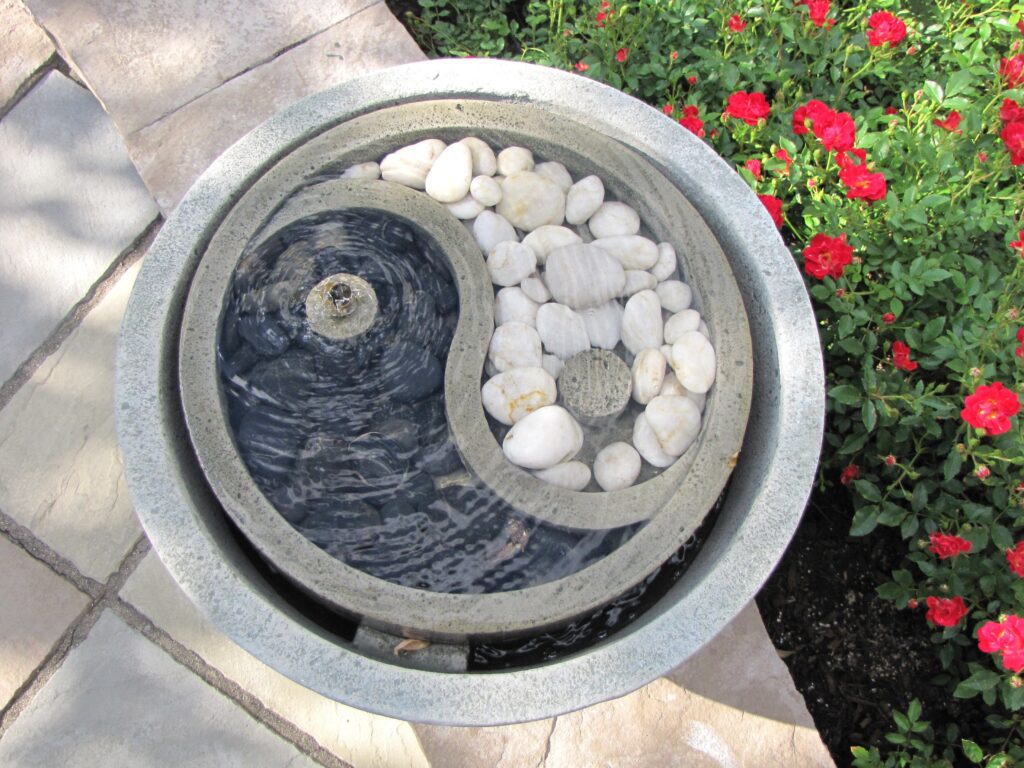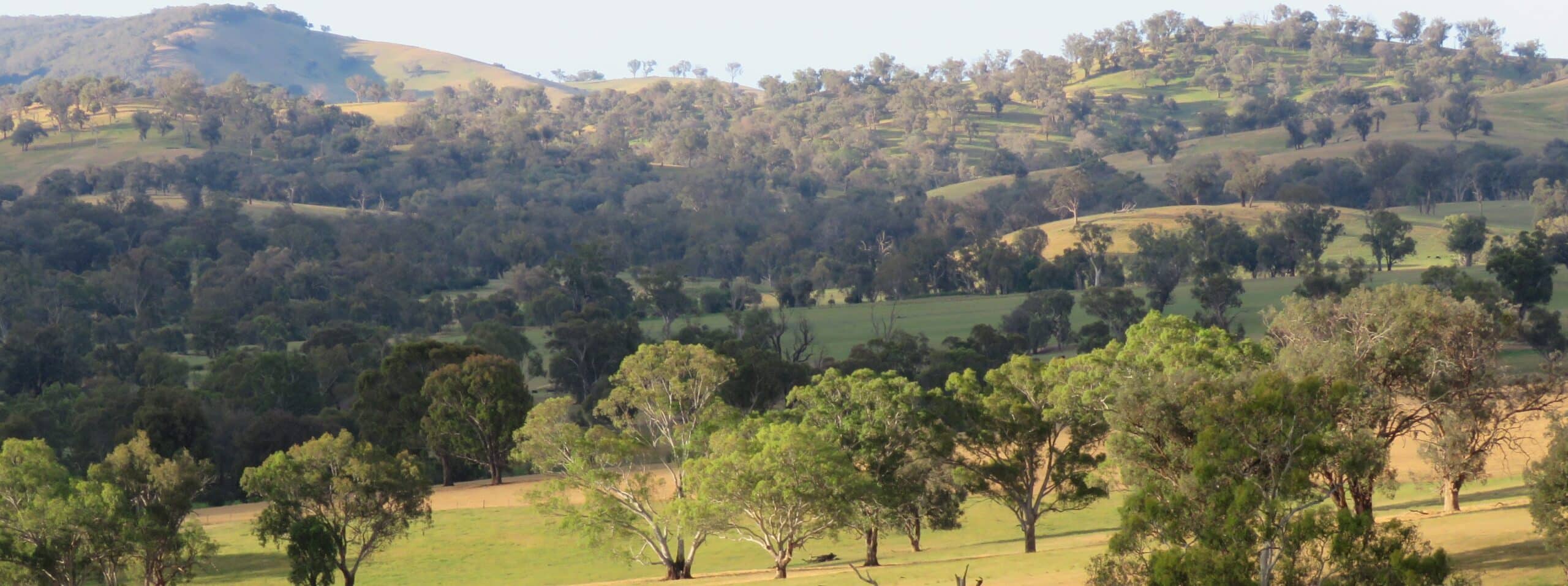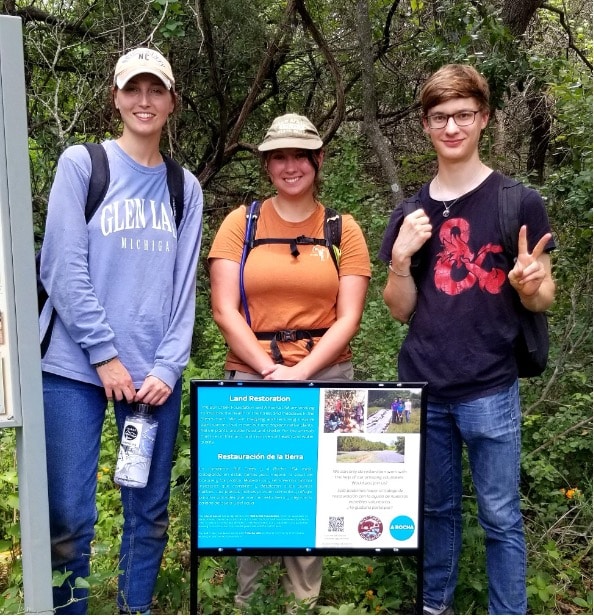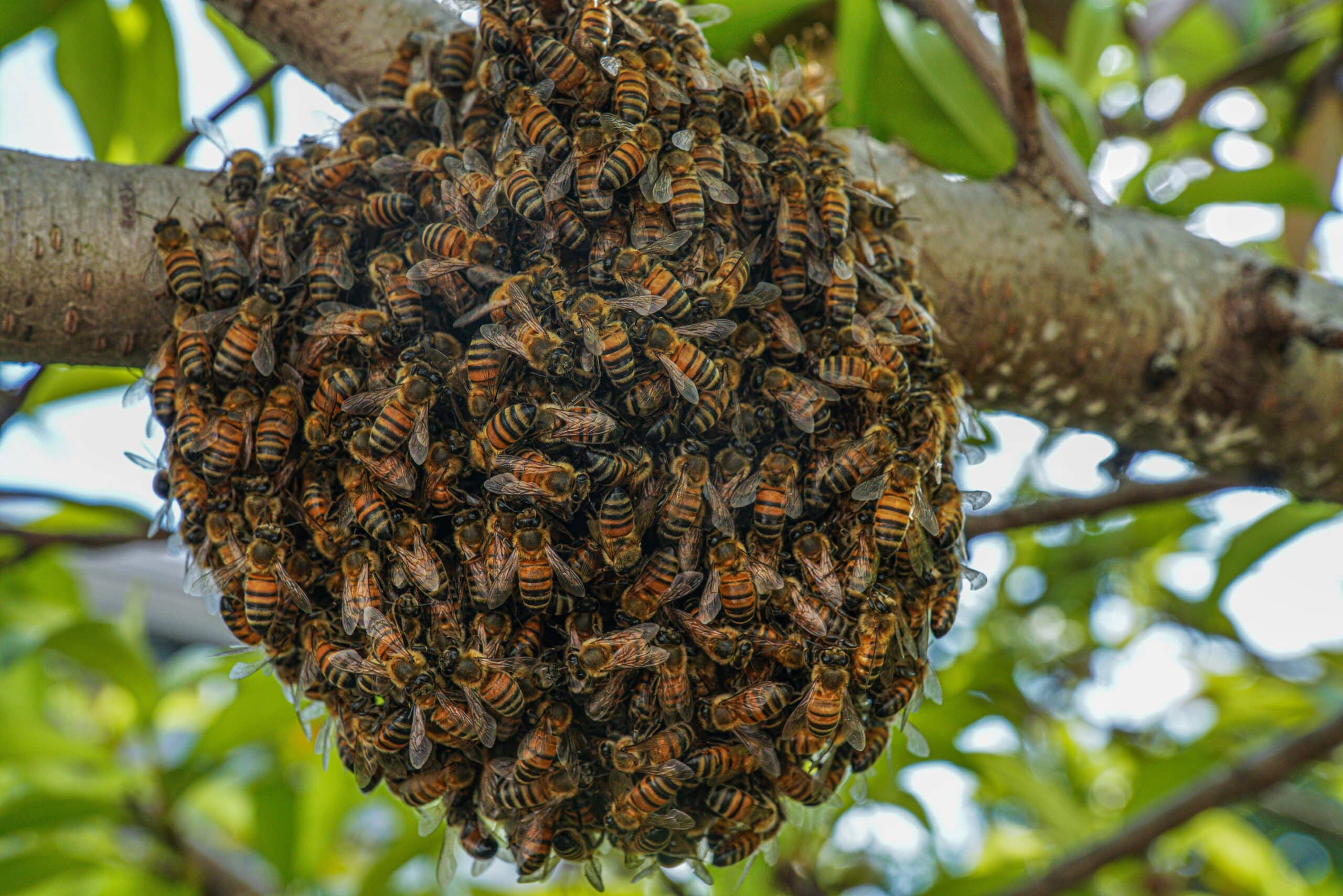‘Stewardship’ or Yin-Yang? East-Asian Theology and a Biblical Environmental Ethic

Since becoming ordained in the Church of England, I have become acutely aware of the need to offer a theologically robust and uniquely Christian approach to tackle the climate crisis. It concerns me, therefore, how much emphasis has been placed on the concept of ’stewardship’ to construct a biblical environmental ethic.
According to R.J. Berry, stewardship has become, “the default position within ordinary Christian groups”.[1]This is certainly true for much of the CofE. The 2005 Report Sharing God’s Planet, states:
The biblical term for humanity’s relationship with creation is ‘steward’. A steward is a servant who relates to God, on whose behalf s/he exercises dominion.[2]
This presents us with a problem. As David John Atkinson points out, the term ‘stewardship’ is never used in the Bible in relation to creation.[3] Clare Palmer adds that even if we were to be successful stewards, it is necessary to understand that which is being controlled. But given the complex nature of ecosystems and atmospheric conditions, this is simply not possible.[4] Richard Bauckham goes so far as to assert that stewardship is a hubristic attempt to do what creation can do much better.[5] Given these severe criticisms of stewardship, I find myself agreeing with Paulos Gregorios, where he writes:
Replacing the concept of domination with the concept of stewardship will not lead us very far, for even in the latter there lies the hidden possibility of the objectification and alienation which are the root causes of the sickness of our civilisation […] We would still be reducing nature to ‘nothing but’, that is, nothing but an object given into our hands for safe keeping and good management.[6]
Despite our best intentions, the term stewardship separates humankind from the rest of creation. It is a form of dualistic thinking that perpetuates the objectification of creation for the benefit of humankind.
As someone with Chinese-heritage, I am keen to explore what East-Asian perspectives can bring to the conversation. Climate breakdown is a global issue and therefore requires global solutions. We need to listen to other voices, and I believe that East-Asian culture offers alternative language and provides a more robust theological approach to creation-care than ‘stewardship’.
Yin-Yang as a possible category of Theological Thinking
As far back as the 1980’s, Jun Young Lee suggested adopting yin-yang symbolism as an alternative category of theological thinking.[7] Yin-yang represents a normative worldview for many East-Asians and finds its origins in Confucianism. Lee points out that the main difference between Confucianism and western modes of thought, is that Confucianism does not exclude the ‘validity of the middle,’ unlike approaches such as ‘stewardship’ that are informed by dualistic thinking.
Yin-yang thinking enables the reconciliation of opposing elements, which creates a deep sense of kinship between humanity and nature. This reconfiguration of relationships breaks the human-nature divide inherent to stewardship. As Ian C. Bradley observes, this sense of oneness between humans and the rest of creation is an important corrective to the idea that humanity has been put into the world to dominate — or in our case — steward nature.[8]
In terms of identifying an appropriate biblical hermeneutic — and keeping with Yin-Yang imagery — I am drawn to the type of symbiotic relationship described in Genesis 2:7 between humanity and creation. In the ancient near-middle East, the mark of a successful ruler was how well they tended the Royal Gardens which were modelled on the Garden of Eden. A good ruler was a good gardener who lived in harmony and was one with the land.
This harmonious relationship becomes ruptured with the introduction of sin in Genesis 3, where humanity is ejected from ‘the garden’. Creation loses its Gardener King. I emphasize the gardener motif, because by the time we reach the Gospel of John — who employs the Creation Week narrative as a framework — we read that another ’Gardener King’ has come into the world and his name is Jesus Christ.
We read in John 20 that Mary Magdalene encounters Jesus the morning after he has risen from the dead. Old creation, symbolized by the empty tomb, gives way to new creation, symbolized by the garden. When Mary first sees Jesus, she thinks he is “the gardener” (v.15). At first glance, this detail is a faux-pas by Mary. But, in actuality, John is illustrating a deep comprehension on Mary’s part. The man standing before her is the Gardener—the Gardener King of New Creation who has returned. A Gardener who represents the bringing together of opposing elements — divinity and humanity, life and death — a Gardener King who embodies the principals of Yin-Yang!
This new reality has profound implications for those of us who claim to be Christians. As citizens of the Kingdom of God, we too are called to participate in the ongoing creative and redemptive process. The reborn gardener of Genesis 2 — Jesus — calls his subjects — the renewed humanity of Genesis 1—to embrace our identity as Royal Gardeners.
I am convinced that the gardener/king motif offers a superior theological approach to environmental issues than that espoused by proponents of stewardship. From a hermeneutical point of view, horticultural themes are woven throughout the whole of scripture, culminating in the resurrected Christ in John’s Gospel. This meta-narrative is considerably more convincing than any efforts to shoehorn environmental ethics under the heading of stewardship, which as mentioned earlier, is never used in relation to creation.
Agricultural imagery is more universal in appeal and application in a globalized world, where developing a common language across cultures is important. Furthermore, the concept of stewardship can only really be grasped by those who ’have’ as opposed to those who’ have not’. The privilege of stewarding is predominantly reserved for those with power. Is it any wonder that concern for the environment has been described as a middle-class concern? Embracing new language removes these barriers and can help draw humanity together, to be one with each other, one with creation and one people under God.
[1] R.J. Berry, Environmental Stewardship: Critical Perspectives, Past and Present (London; New York: T&T Clark, 2006), 185.
[2] Church of England Report, ‘Sharing God’s Planet’ (Church House Publishing, 2005), 26.
[3] David John Atkinson, Renewing the Face of the Earth: A Theological and Pastoral Response to Climate Change(Norwich: Canterbury Press, 2008), 63.
[4] Clare Palmer, ‘Stewardship: A Case Study in Environmenal Ethics’, in Environmental Stewardship: Critical Perspectives – Past and Present, ed. R.J. Berry (London ; New York: T&T Clark International, 2006), 12.
[5] Richard Bauckham, Bible and Ecology: Rediscovering the Community of Creation (London: Darton Longman & Todd, 2010), 11.
[6] Gregorious, ‘The Human Presence’, 84.
[7] Lee, ‘T Lee, Jung Young. ‘The Yin-Yang Way of Thinking’. In Asian Christian Theology: Emerging Themes, edited by Douglas J. Elwood, Rev. ed. of What Asian Christians are thinking. Philadelphia: Westminster Press, 1980., 85.
[8] Ian C. Bradley, God Is Green: Ecology for Christians (New York: Image, 1992), 19.
We are happy for our blogs to be used by third parties on condition that the author is cited and A Rocha International, arocha.org, is credited as the original source. We would be grateful if you could let us know if you have used our material, by emailing [email protected].




Thank you. What a helpful and refreshing article.
Thanks Rev Tam, Have you written on the Stewardship issue at greater length please?
Hi Tim, yes I have. I’d be happy to share more about it. We can connect on Facebook or twitter: @marknam
Thank you Mark, especially appreciate the last paragraph. You share a very helpful perspective and potential way forward in this ongoing conversation.
The Yin-Yang (or Yin and Yang) concept in Chinese culture is complicated, having evolved over thousands of years. Yin and Yang are two opposing but complementing principles or cosmic energies that may be observed in nature. In essence, the meaning of Yin and Yang is that the world is controlled by a cosmic duality, a pair of opposing and complementary principles or cosmic energies that may be observed in nature. Here is a blog post: https://buddhastoneshop.com/blogs/news/yin-and-yang-meaning that discuss everything you need to know about the two concepts.